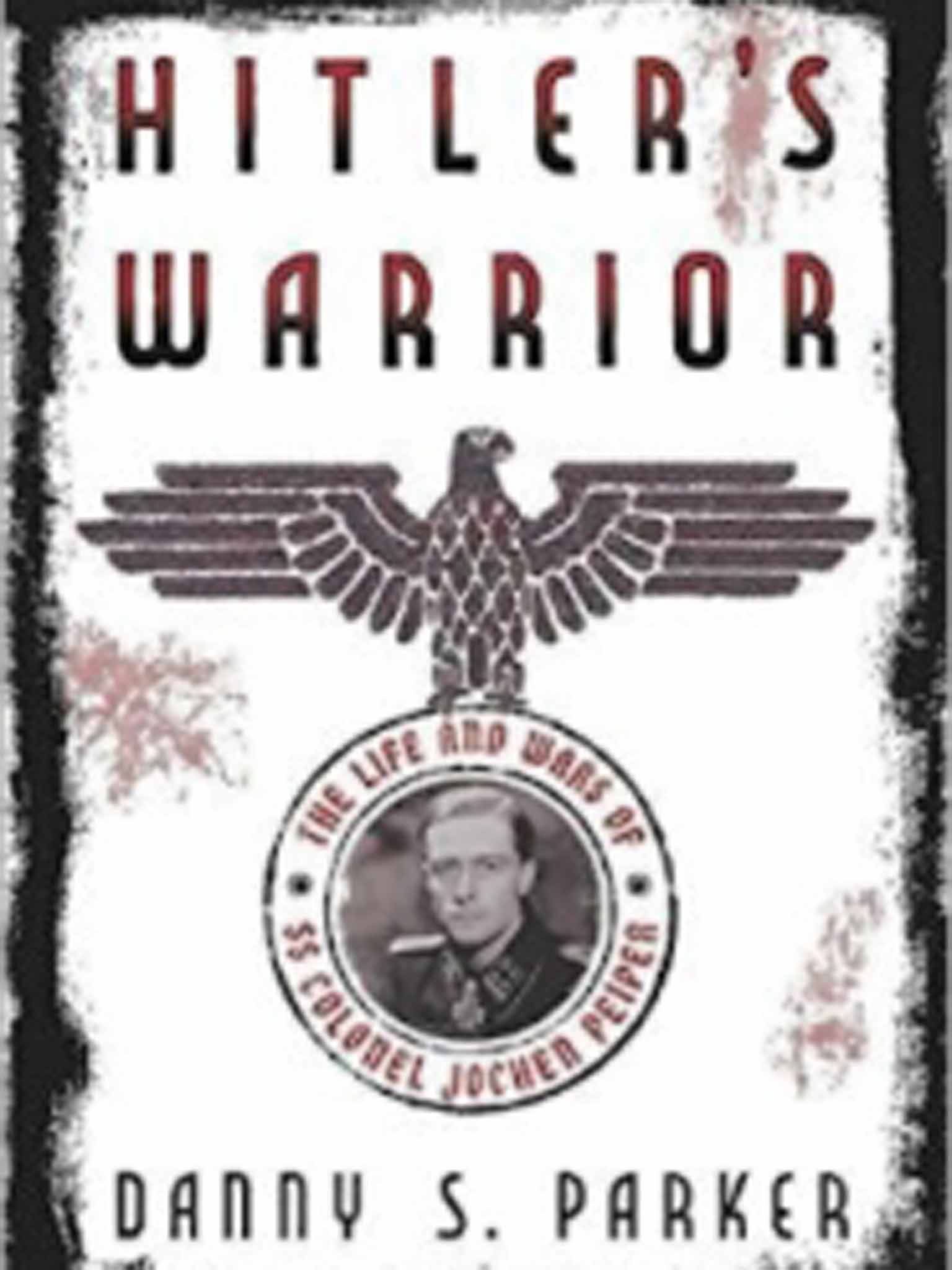Hitler's Warrior by Danny S Parker - book review: Mysterious death of a war criminal who escaped the noose
Jochen Peiper's mysterious death in 1976 provides the ignition point for Parker's fascinating research

On 16 July 1946, SS Colonel Jochen Peiper was sentenced to death for the murder of 84 American prisoners of war near the Belgian city of Malmédy in 1944. If sentence had taken place, it is unlikely that this gripping book would have been written. Instead of the noose, he received a life sentence (the trial inflamed post-war Germany as others who had been found guilty were apparently innocent) and was freed in 1956.
Aside from being a little under height, Peiper was the paradigm of the SS officer. Handsome, blue-eyed, with a perfect Seitenscheitel (side parting), the 24-year-old Peiper became assistant to the SS chief, Himmler, in 1939. One of his comrades remarked: "Peiper was one of the few SS officers who really liked the Reichsführer." Four years later, he was responsible for murdering 33 Italian civilians in the village of Boves near Turin. Though exceptionally ruthless even by SS standards, he scarcely merits a biography: it was his mysterious death in 1976 that provided the ignition point for Parker's fascinating research.
Unlike his former colleagues who fled to South America, Peiper worked for Porsche and Volkswagen before retiring to rural seclusion near the village of Traves in eastern France. Aside from an extradition attempt by Italy, which fizzled out in 1968, Peiper lived a life of unruffled peace, sailing on the river and reading his favourite Hemingway novels, until 1976 when he was discomfited by a profile in the left-wing paper L'Humanité. The exposé prompted André Moissé, a 28-year-old reporter on a local paper, to ask for an interview. "I was in charge [at Malmédy] and therefore I was responsible. But… I spent 10 long years in prison," said Peiper, believing that it would put an end to the disruption.
Instead, he received death threats and a massive graffito appeared on the main road: "PEIPER SS". After sending his wife away, Peiper calmly waited for his assailants. He fired at them when they threw firebombs on Bastille Day. In the burned-out wreck of his house, a badly charred, limbless carcass only two-feet in length was found. Doubts were exacerbated when the head was temporarily lost. The death certificate mentioned only "a person of male sex whose identity could not be determined".
Parker concludes: "The mystery lies enshrouded in a secret web buried in a dark well of the collective unconscious of eastern France." Throughout this chilling story of hunter turned quarry, Yeats's celebrated phrase resonates in the mind: "The worst are full of passionate intensity."
Subscribe to Independent Premium to bookmark this article
Want to bookmark your favourite articles and stories to read or reference later? Start your Independent Premium subscription today.

Join our commenting forum
Join thought-provoking conversations, follow other Independent readers and see their replies